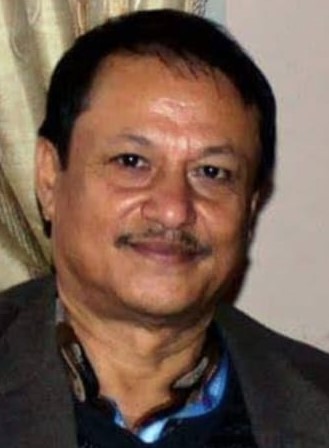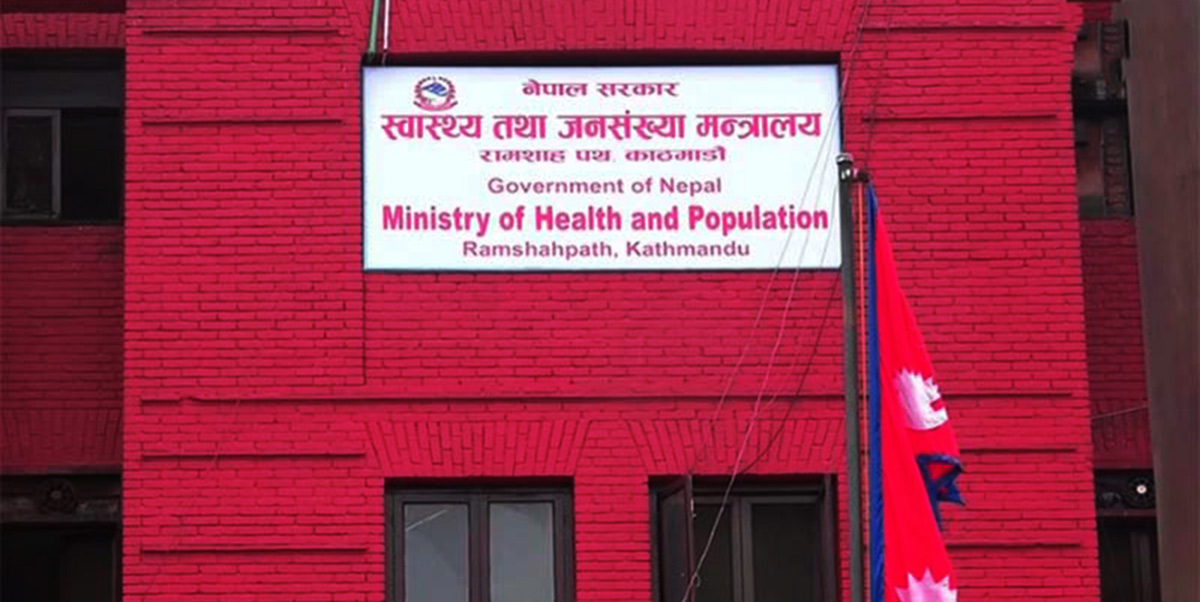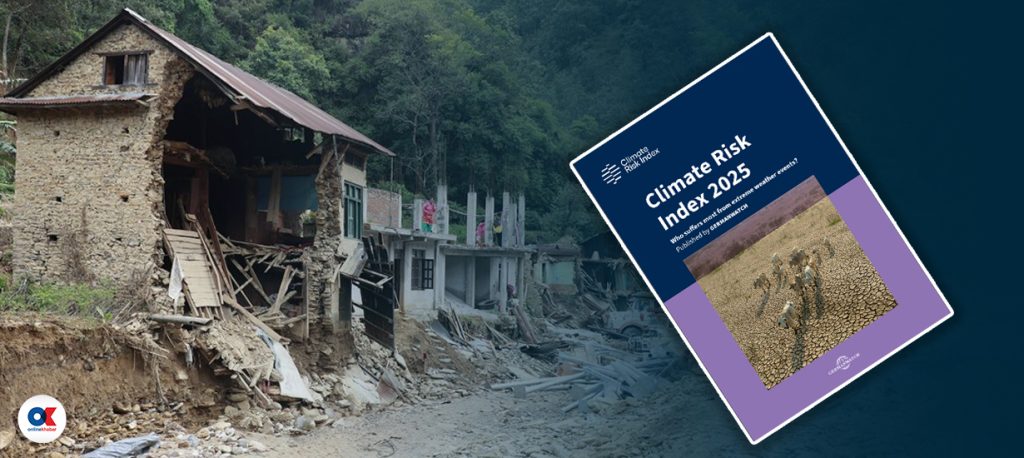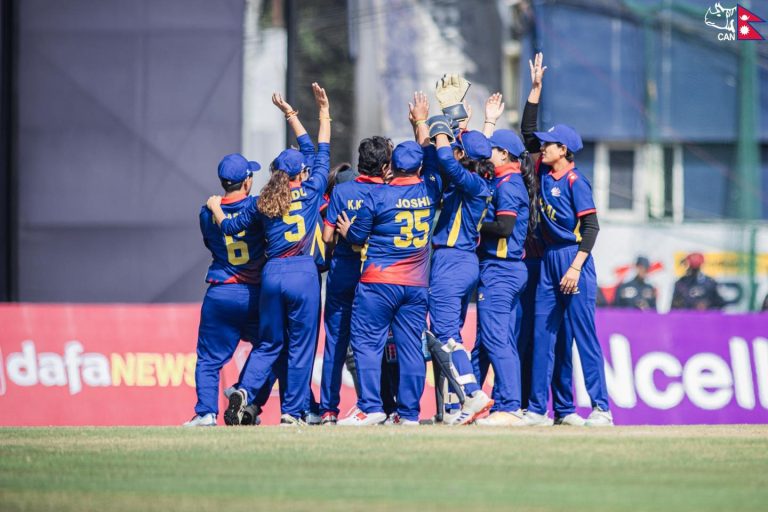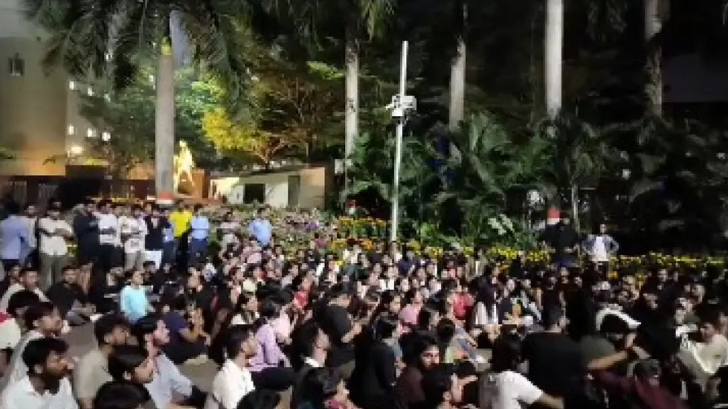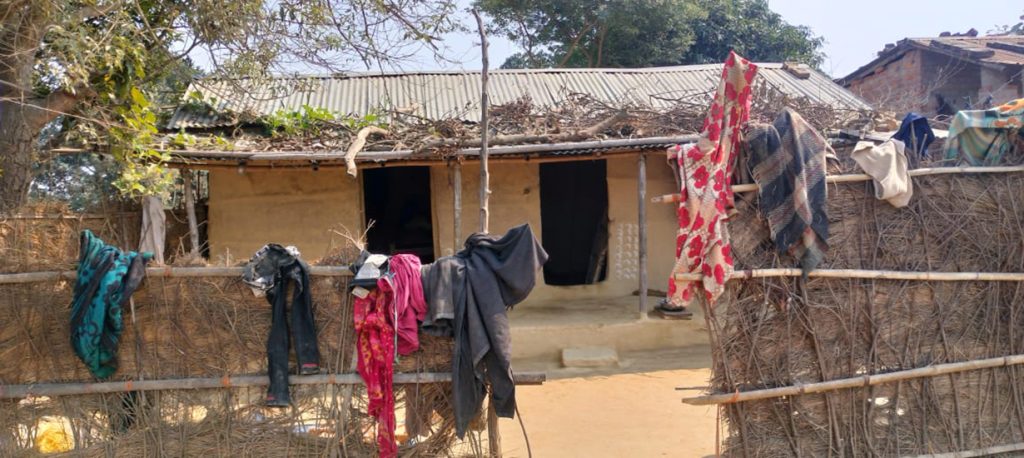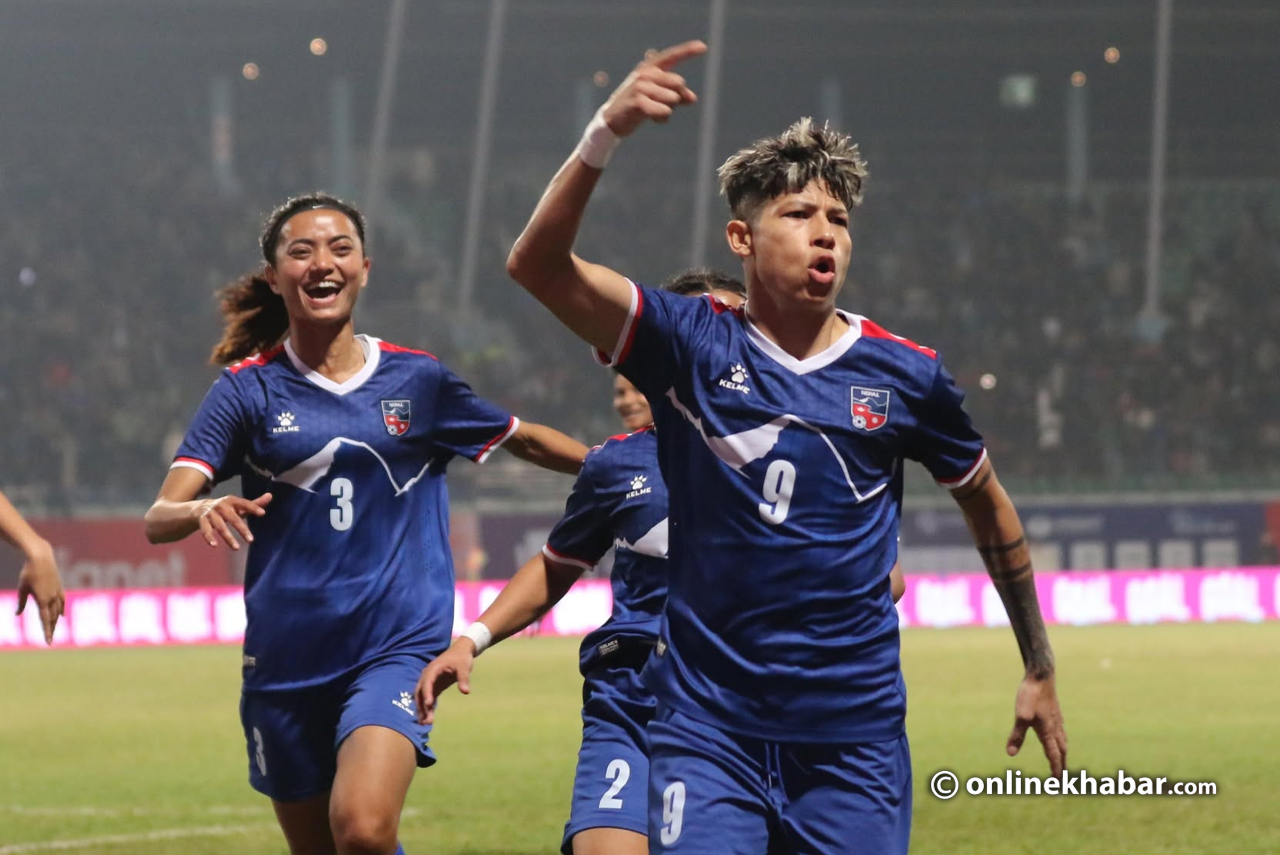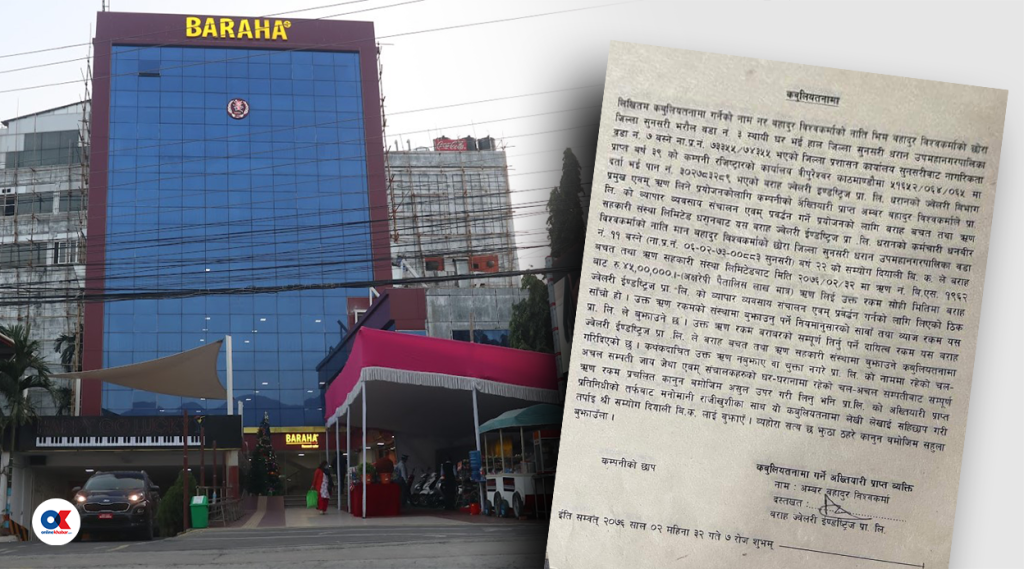
On January 15, 2025, Kathmandu witnessed an unsettling incident in the premises of the Kathmandu District Court, where prominent advocate Dinesh Tripathy was allegedly manhandled following his participation in a legal hearing concerning the misappropriation of cooperative funds. The case, which involves allegations against various figures, including Rabi Lamichhane, the President of the Rastriya Swatantra Party (RSP) and former two-time Home Minister of Nepal, has sparked public outrage and concern over the safety and rights of lawyers practicing in Nepal.
The incident
According to multiple sources, after concluding his arguments in the court against the alleged misappropriation of cooperative funds, Advocate Dinesh Tripathy was accosted by individuals believed to be connected to the accused, including supporters of Rabi Lamichhane. Tripathy,who has long been an advocate for transparency and accountability in legal matters, found himself physically accosted in the very place where justice is supposed to be upheld.
Witnesses reported that Tripathy was confronted outside the courtroom, where the altercation escalated into an unfortunate act of manhandling. It is reported that the situation was tense, and despite the presence of security personnel, the incident unfolded quickly. Advocates present at the scene immediately intervened to de-escalate the situation and ensure the safety of their colleagues.
Allegations against Rabi Lamichhane

The cooperative funds misappropriation case has become a matter of significant public interest. The charges suggest that millions of rupees have been siphoned off through fraudulent schemes linked to various cooperative institutions. Lamichhane, who is widely recognized as a charismatic political leader with considerable influence, is alleged to have had a role in facilitating or benefiting from these actions. While Lamichhane has denied any involvement in illegal activities, the case has brought increased scrutiny on him and his political party.
As a former Home Minister, Lamichhane is no stranger to controversy, and his presence in the case has further fueled political debates and division. The incident involving Advocate Tripathy has only heightened the political climate surrounding the case, as it has raised concerns about the safety of legal professionals in politically sensitive cases.
The Rise of Fascism and Its Shadows on Nepal’s Legal and Political Landscape The manhandling of Advocate Tripathy is symptomatic of a broader and more concerning trend that has slowly infiltrated Nepal’s political environment since the establishment of the Republic. Nepal’s post-monarchy era, while marked by strides toward democracy, has also witnessed the growth of political forces that challenge democratic norms and embrace authoritarian ideals reminiscent of past fascist movements, most notably that of Benito Mussolini’s doctrine of Fascism. This long-shadow of fascist ideology has been creeping into Nepa’s political discourse, notably through political figures whose actions resonate with autocratic tendencies.
Fascism, as defined by Mussolini, was built upon the consolidation of power in the hands of a singular leader, a disregard for democratic processes, and the marginalization or violent suppression of opposition. While Nepal’s political landscape differs greatly from Mussolini’s Italy, there are increasing signs that a similar doctrine is gaining traction within certain factions.
Political figures, both old and new, have increasingly sought to centralize power, weaken democratic institutions, and promote a cult of personality over the public good. Rabi Lamichhane, despite his promise of reform and progressive politics, has faced increasing scrutiny for actions and rhetoric that reflect populist tendencies and authoritarian overtones. As the leader of the Rastriya Swatantra Party (RSP), Lamichhane’s rise is in part fueled by dissatisfaction with the status quo. However, his increasing influence, as well as his occasional confrontational stance against the judiciary, media, and critics, can be seen as a microcosm of the rising wave of authoritarianism in the country. Critics argue that figures like Lamichhane—who has often been accused of undermining institutions—are veering dangerously close to a populist, strongman political model that weakens democratic processes.
This ideological undercurrent is manifesting itself not only in politics but also in the legal field. The manhandling of Dinesh Tripathy, an advocate of public transparency, can be viewed as part of this wider trend of political figures and their supporters attempting to silence critical voices, especially when those voices challenge their authority or political agenda. The undermining of legal professionals, as seen in this incident, is a concerning attack on democratic principles and the rule of law—pillars that hold any functioning democracy together.
Legal and ethical implications
The manhandling of a lawyer in the premises of a court not only violates basic legal ethics but also undermines the principles of justice and rule of law. Lawyers are entrusted with the vital task of representing clients, upholding justice, and ensuring that legal proceedings are fair and just. Attacks or intimidation against lawyers in any form, especially within court premises, signal a grave threat to the independence of the judiciary and the legal system at large.
The Kathmandu District Court incident underscores the growing concerns about the safety and security of legal professionals in Nepal. Advocates must be able to carry out their duties without fear of retribution, and any attempt to intimidate or coerce legal representatives should be condemned in the strongest terms.
Reactions from the legal community
The manhandling of Advocate Tripathy has sparked widespread condemnation from the legal community in Nepal. The Nepal Bar Association and various legal rights groups have issued statements calling for a thorough investigation into the incident and for the protection of legal professionals in the future.
Many lawyers have emphasized the need for stronger security measures at court premises, as well as legal reforms to protect the rights of advocates. Such acts of aggression cannot be tolerated. It is our responsibility to stand up for justice, and we must ensure that our colleagues are safe while performing their duties," said a senior advocate in a statement following the incident.
Calls for accountability
As of now, the authorities have yet to make any significant statements regarding the attack on Advocate Tripathy. However, legal experts and advocates have expressed the hope that this incident will lead to greater accountability for those involved, regardless of their political statute or influence.
For the public and the victims involved in the cooperative funds’ misappropriation case, the focus must remain on the legal process and ensure that justice is served. Any attempts to undermine proceedings through intimidation or violence must be met with swift legal action. The manhandling of Advocate Dinesh Tripathy in the Kathmandu District Court has raised serious concerns about the safety and rights of lawyers in Nepal, particularly when handling high-profile political cases. The incident not only highlights the dangers faced by legal professionals in the country but also calls into question the integrity of political figures who may resort to intimidation to shield themselves from accountability.
Furthermore, the rising shadows of fascist tendencies in Nepal’s post-Republic political climate cast a long and disturbing shadow over the country’s democratic institutions. The increasing political intolerance and authoritarian tactics undermine the very fabric of the legal and political system that is meant to protect citizens and maintain a functioning democracy.
It is crucial that the authorities investigate this incident thoroughly and take appropriate action to protect the rule of law. The outcome of this case, and the treatment of legal professionals, will have lasting implications for the legal system and democracy in Nepal. It is a defining moment in Nepal’s struggle to ensure that the ideals of justice, democracy, and the rule of law remain resilient in the face of growing authoritarian challenges.


